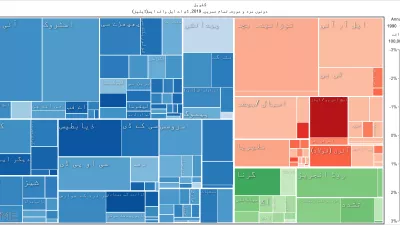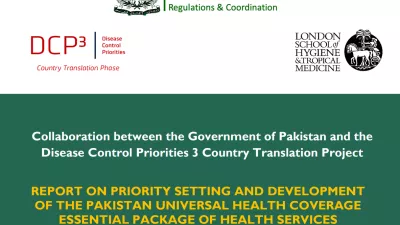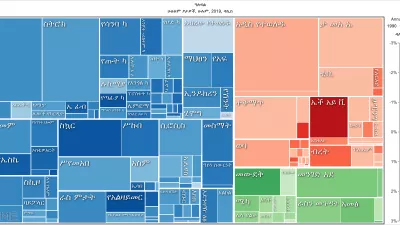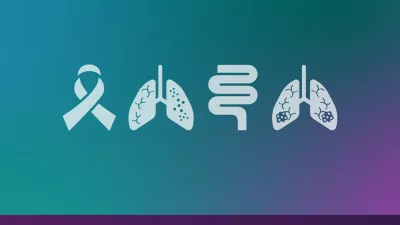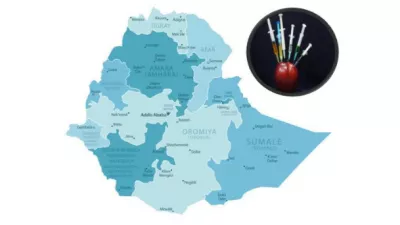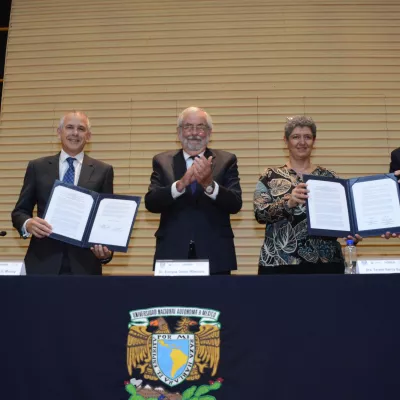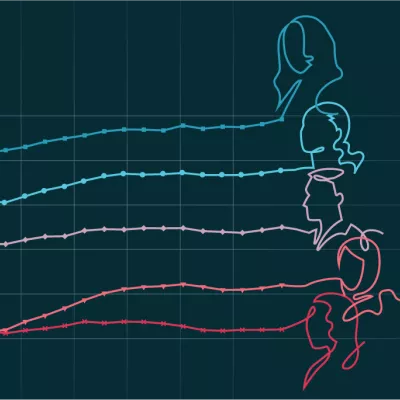Partnerships
The Institute for Health Metrics & Evaluation (IHME) collaborates with a range of scientific and policy institutions to improve the health and well-being of people across the globe.Why we partner
Collaboration is one of IHME’s scientific principles.
- We believe in the power of partnerships to catalyze innovation, knowledge exchange, and creative solutions to the pernicious challenges of the twenty-first century.
- We partner with national, regional, and global institutions to collectively produce global public goods, strengthen health metrics capacity, and improve population health.
Partnership principles
IHME partakes in partnerships using the following principles to guide our actions.
- Added value and mutual benefit: The partnership demonstrates a clear benefit to improving population health science, policy, and practice. Together, the partners work toward shared or mutually reinforcing goals that pertain to each institution’s strategic priorities.
- Complementarity of roles: The partnership seeks to leverage each institution’s unique strengths, resources, and perspectives to achieve something greater than could be accomplished alone. Clear and complementary roles are established.
- Scientific excellence: The partnership values the unique contribution that impartial evidence makes to improving population health policy and practice. The partners engage in constructive dialogue and adopt an evidence-based approach to dispute resolution.
- Mutual respect and independence: The partners treat each other as independent equals and value a multiplicity of perspectives. With one another’s permission, partners commit to inclusively sharing credit for joint work.
- Efficiency and impact: The partners agree to act as responsible stewards of limited resources while striving to maximize real-world impact.
- Knowledge exchange and capacity building: The partnership commits to joint learning, information and knowledge exchange, and bolstering opportunities for mutual capacity building and enhancement of complementary skills.
- Transparency and dialogue: Partners adopt a timely, flexible, and transparent style of communication, embracing scientific debate as a crucial component of scientific progress.
How to partner with us
We welcome partnerships with the potential to advance collective progress toward improving health policy and practice. To explore how your institution can partner with IHME, please contact [email protected] for more information.
For individuals interested in collaborating with us, please see the GBD collaborator network.
Partner spotlights
The following are examples of partnerships that IHME has undertaken to accelerate progress toward our mission and vision.
Africa Centres for Disease Control and Prevention
The Africa Centres for Disease Control and Prevention (Africa CDC) and IHME collaborate to enhance the use and policy relevance of health metrics research in Africa, improve data sharing and accessibility, and strengthen capacity to enhance health outcomes. Together, Africa CDC and IHME have implemented a series of regional workshops on GBD and are writing manuscripts and reports on priority diseases, training Africa CDC staff, and hosting evidence translation workshops.
Aga Khan University
The Aga Khan University (AKU) Medical Research Center and IHME have been collaborating since 2019 to generate scientific evidence that can inform policymaking and priority setting in Pakistan’s federal and provincial government settings. Together, AKU and IHME published the first burden of disease assessment for Pakistan and its seven administrative units, conducted joint health metrics training initiatives, and are assessing the national health data ecosystem in cooperation with key stakeholders to find and collate data sources that can be used to inform burden of disease estimation in Pakistan.
Department of Health, Philippines
The Department of Health (DOH) and IHME have collaborated since 2018 to leverage GBD evidence to guide strategic investments, exchange knowledge on GBD through virtual and in-person workshops and trainings, and estimate the burden of disease for the Philippines for 82 provincial administrative units. The aim of this partnership is to generate for the first time a reliable set of burden of disease estimates for every province, and to use those estimates to better understand the distribution of risk factors, guide clinical benefits packages, and inform ongoing health policies.
Ethiopian Public Health Institute
The Ethiopian Public Health Institute (EPHI) and IHME partner to facilitate the collection, exchange, and analysis of data, conduct burden of disease analysis, strengthen health metrics capacity, and translate evidence to decision-makers for policy action. Established in 2018, this collaboration produced the first-ever subnational burden of disease estimates for Ethiopia, established a national data repository system at EPHI’s National Data Management Center, initiated data science and health metrics training initiatives, and developed actionable evidence briefs and policy documents for the Ministry of Health.
Federal University of Minas Gerais (UFMG)
The Federal University of Minas Gerais (UFMG) and IHME have been in partnership for more than 10 years, working together to drive use of the GBD for policy development, to support research on key topics impacting the health of Brazilians, and to provide learning opportunities for health professionals across the Portuguese-speaking world. UFMG and IHME work to coordinate the Brazil GBD Network, a collaboration of more than 200 researchers across research institutes, universities, and the Ministry of Health. This collaboration has led to the development of a number of resources designed to support the wider dissemination of GBD data through mediums such as the Portuguese-language GBD Brazil website and GBD Compare. UFMG has worked with IHME to develop numerous important publications focusing on key health topics for Brazil including the burden of interpersonal violence against women, road traffic injuries and death, and trends in mortality due to tobacco use.
Global Research on Antimicrobial Resistance Project, Oxford University
The Global Research on Antimicrobial Resistance (GRAM) Project is a partnership between the University of Oxford and IHME to provide rigorous quantitative estimates of antimicrobial resistance (AMR) burden; to increase global, regional, and country-level awareness of AMR; to boost surveillance efforts, particularly in low- and middle-income countries (LMICs); and to promote the rational use of antimicrobials worldwide.
International Diabetes Federation
IHME and the International Diabetes Federation (IDF) work together to ensure a mutually comprehensive understanding and review of data and methods for diabetes, and to share knowledge and results from the global estimates produced by both IDF and the Global Burden of Disease study. We jointly engage with content and country experts to strengthen our understanding of new developments within the diabetes research community.
Norwegian University of Science and Technology
The Center for Global Health Inequities Research (CHAIN) based at the Norwegian University of Science and Technology (NTNU) is a leading center in interdisciplinary research of global health inequalities and health determinants. CHAIN and IHME are exploring the global association between social determinants of health and mortality, with the goal of including low education as the first socioeconomic risk factor in the Global Burden of Disease study.
Public Health Foundation of India & Indian Council of Medical Research
The India State-Level Disease Burden Initiative (DBI) is a collaboration between the Indian Council of Medical Research (ICMR), the Public Health Foundation of India (PHFI), IHME, and a number of other key stakeholders in India, including academic experts and government agencies. Formalized in October 2015, this collaboration produced the first comprehensive report on subnational disease burden for Indian states, providing useful inputs for the data-driven and decentralized health planning specific to each state recommended by the National Health Policy of India. Currently, the collaboration is working on deepening knowledge exchange and technical skill building among colleagues in India.
All partners
IHME collaborates with a broad range of partnerships around the world. We have formalized partnerships through memorandums and contracts with the following institutions:
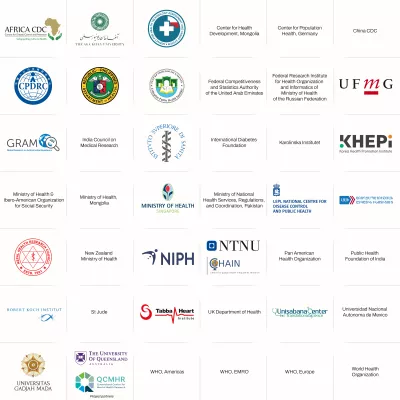
News and events
Africa CDC and IHME join forces to train health officials
Individual collaborators
Over 10,000 scientific experts are members of the GBD Collaborator Network and lend their in-country expertise to the Global Burden of Disease (GBD) study.

